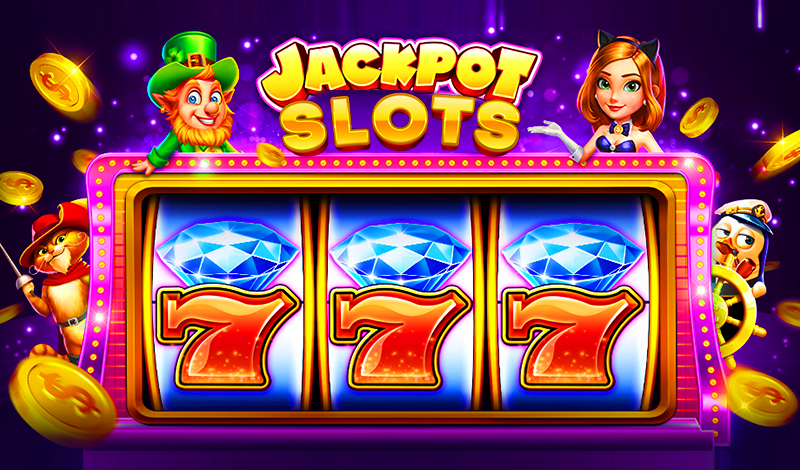
Observing the RTP (Return to Player) for a slot jackpot is not directly possible since the RTP value pertains to the overall payout percentage of a slot machine over a large number of spins. It doesn’t specifically apply to the jackpot itself.
However, you can still consider certain factors related to the jackpot and the game’s overall RTP:
- Research: Look for information about the specific slot game you are interested in. Check the game developer’s website or reliable online sources for details on the game’s RTP. This will provide an idea of the average payout percentage of the slot game as a whole.
- Game Rules: Understand the rules of the slot game, including how the jackpot is triggered and what determines its size. Some games have fixed jackpots, while others have progressive jackpots that increase over time.
- Jackpot Contributions: In progressive jackpot slots, a portion of each wager contributes to the jackpot. This means that the overall RTP of the game might be slightly lower due to the portion of bets going towards the jackpot. However, the potential to win a substantial jackpot can offset the lower RTP.
- Volatility: Consider the game’s volatility or variance. A higher volatility slot may have a lower hit frequency but can offer larger jackpot payouts. Lower volatility slots may have more frequent but smaller wins. Choose a game that matches your preferences and risk tolerance.
- Personal Experience: While RTP is an average calculation, you may have your own experience with a particular slot game. If you’ve had success winning the jackpot or experienced frequent wins in the past, it can influence your perception of the game’s potential.
Remember that slot machines are games of chance, and individual results can vary widely. The RTP is a useful indicator to assess the overall payout percentage of a game but does not guarantee specific outcomes for any given session or individual jackpot attempt.











